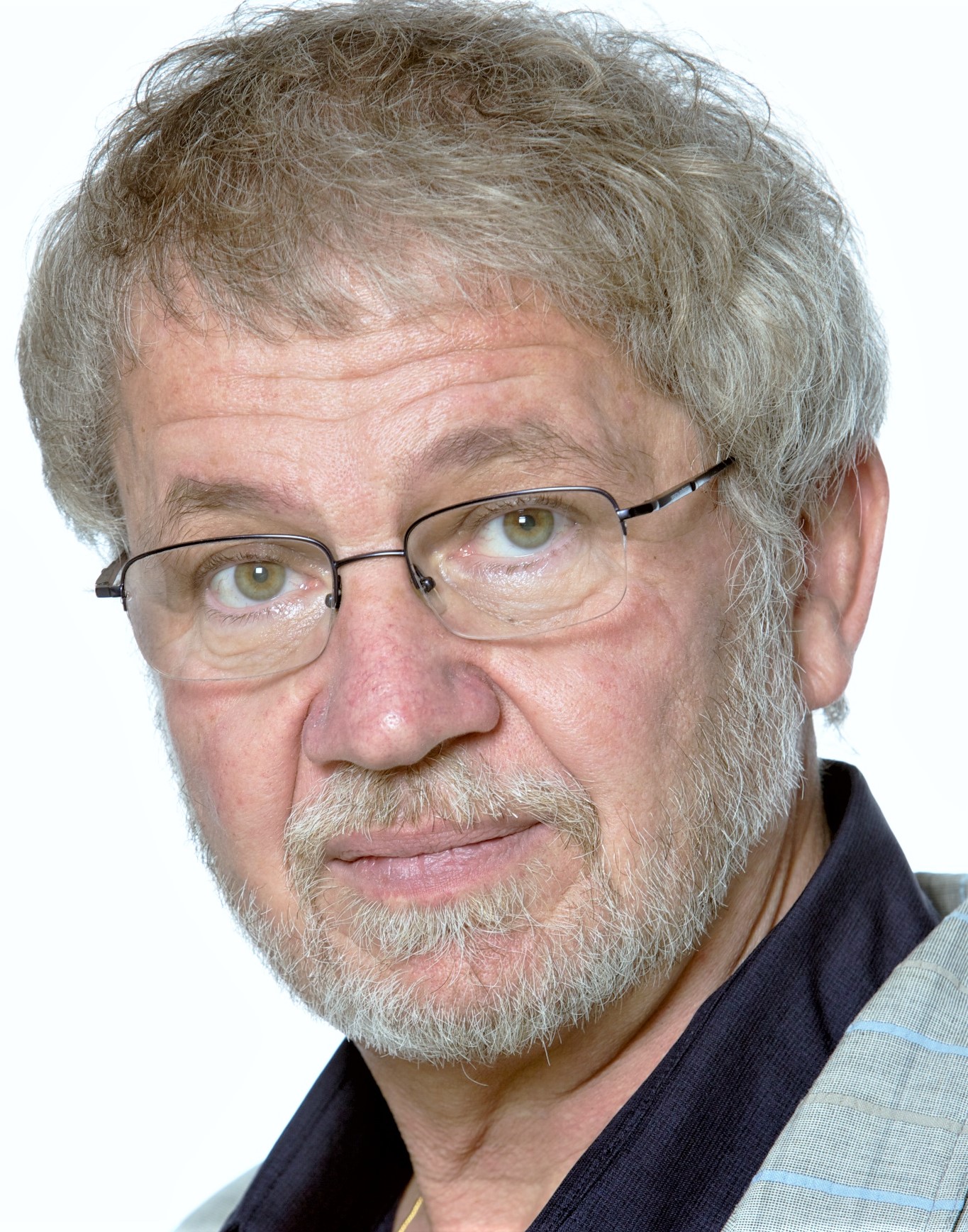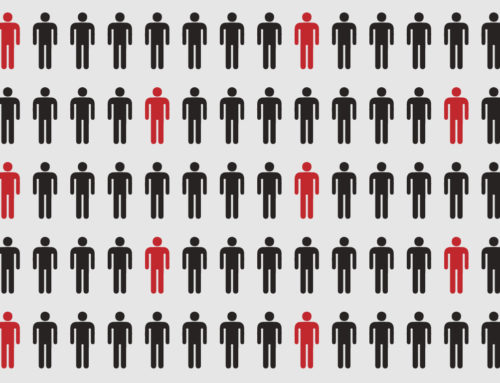Journey2Psychology, a project by: Dr. Michael Gordon
Mike Gordon is travelling across the world to converse with influential psychologists and discover the stories behind their work.
This journey will form the basis of a book from Political Animal Press
Follow Dr. Gordon’s travels in full at Journey2Psychology
As a young man, Dr. Joe Forgas risked his life and liberty to travel from soviet-controlled Hungary to Australia. In doing so, he eventually forged a career that spanned the social and cognitive domains in Psychology, he became an authority on how affect influences decision-making, and he brought an unique voice and influential perspective to Psychology. With studies on three continents, and active collaborations around the world, Dr. Forgas continues to be at the forefront in this era of multidisciplinary theorizing and rapidly shifting paradigms. I’m pleased to be able to share some of the life, works, and ideas from my conversation with Dr. Forgas!
Dr. Forgas introduces himself:
There is some important history that created the context for Dr. Forgas’ childhood. He was born in Budapest, Hungary in 1947. In the following excerpt he describes his parents and a little of the experience he had growing up in the Soviet-loyalist system of that era:
As described in this excerpt, Dr. Forgas’ father was both worldly and intellectual. He gave young Joe a sense of the world beyond Hungary at that time, with ideas of what freedoms and opportunities might be available outside of the military control, and the social paranoia that gripped their nation. People of Hungary in those years (and throughout much of eastern Europe) experienced widespread anxiety and depression. There was one of the highest global rates of suicide in Hungary during those communist controlled years; food and requisite goods were in short supply; and trust was at a premium when, at any moment any one (a neighbor, a plumber) could file an anonymous accusation to cause one’s arrest and conviction. While Dr. Forgas’ father could give his son an understanding of life before these times, living within it was bleak.
Joe stayed in Hungary until age 22 and the story of why and how he left in 1969 is incredible! He describes part of that journey in this next excerpt:
His parents encouraged his involvement in educational training for management and tourism. With that education, as a young man, Joe worked at a hotel developing his language skills, pulling together a little savings, and training his body to be able to swim the three-kilometre expanse required on route to possible escape. As he describes, after seeing the Prague Spring (the democratization of Czechoslovakia in 1968 that rapidly suppressed by the USSR), Joe determined that his best option was to leave Hungary. It wasn’t simple, and the dangers were great. The journey’s to freedom were perilous and risked death, if caught he risked years in prison and a lifetime of political ostracization. Joe trained and prepared to swim out, but that was not to be. He tried to sneak out under cover of the forest and was caught by authorities and spent a night locked up and anxiously awaiting his fate. Eventually, buried under luggage and half-suffocating in the trunk of a rented car, he was smuggled out by an American tourist with a car full of hitchhiking California hippies. Peace out.
Slipping out from behind the iron curtain is certainly not the end of this journey. Joe needed political asylum — which he applied for and got from Australia. He needed to find a new home, a new culture. Eventually he found his way into Macquarie University to earn his Psychology bachelor’s and, with encouragement from a faculty member there, he applied for a scholarship and was accepted to study for doctoral training at Oxford. There are wonderful stories of how he eventually completed his education and became Dr. Forgas and I look forward to sharing more with you in the book! It was a long journey, but eventually Dr. Forgas started on research that drew on some highly innovative mathematical training and his observations of the new social and cultural milieus of his surrounds at Oxford University.
In the early part of Dr. Forgas’ career the mathematical technique of Multidimensional Scaling (MDS) figured prominently as he sought to categorize how people determined and created social groups. While MDS increased in its application through the 1980’s and 1990’s, at the onset of his research career it was far from common. Consequently, Dr. Forgas provided this important anecdote regarding how he was eventually able to learn MDS from a colleague in the Department of Forestry at Oxford and the usage with early computing at Oxford. Personally and intellectually these were exciting times for Dr. Forgas: he was able to devote himself to research and study, he was — for the first time in his life — freely exploring Europe and traveling (a great cross-cultural study resulted from a road trip he took during that time), and he was learning new techniques and publishing with them.
Dr. Forgas completed his doctorate and returned to Australia for his first professional appointment at the University of New South Wales (Sydney) in 1977.
During his career, Dr. Forgas became increasingly interested and increasingly prominent with research investigating how affect might influence cognitions. He developed a long-standing collaboration with Dr. Gordon Bower (of whom I had the pleasure of speaking with while visiting Stanford University) merging Dr. Bower’s brilliance and expertise with induced emotional states and cognition to his own. Indeed they found some rather critical changes in decision-making after inducing more positive and more negative moods.
In this excerpt Dr. Forgas describes how visiting with Dr. Bower at Stanford University got him started looking at these issues and how they evolved:
It is a credit to Dr. Bower that he invited Dr. Forgas to work with his lab despite the gap between their sub-disciplines and training, and it is a credit to them both for the fascinating research that came out of this collaboration. Starting in collaboration with Dr. Bower, and over time branching these ideas out in new directions and with new collaborations, Dr. Forgas published on topics like “Mood and Peculiar People” to “On Being Happy and Mistaken” to “Don’t Worry Be Sad” demonstrating this fascinating interaction of affect and cognition. Simply put he found that when people are experiencing sadder, more negative moods they tend to process information more comprehensively. Those sad people tend to use more analytic decision-making strategies and they tend to be more sensitive to the information available for use in decision-making. In contrast happier people tend to overlook irregularities in information and social behaviors; they rely on more rapid, heuristical decision making strategies; and happier people tend to be more accepting of information at face value.
Dr. Forgas has had a fascinating career with many more stories. I look forward to sharing more with you, but for now…here are some of the wonderful publications from Dr. Forgas:
Forgas, J. P. (1976). An unobtrusive study of reactions to national stereotypes in four European countries. The Journal of Social Psychology, 99(1), 37-42.
Forgas, J. P. (1976). The perception of social episodes: Categorical and dimensional representations in two different social milieus. Journal of Personality and Social Psychology, 34(2), 199-209.
Forgas, J. P. (1978). Social episodes and social structure in an academic setting: The social environment of an intact group. Journal of Experimental Social Psychology, 14(5), 434-448.
Forgas, J. P. (1992). Affect in social judgments and decisions: A multiprocess model. In M. P. Zanna (Ed.), Advances in experimental social psychology (Vol. 25, pp. 227-275). Academic Press.
Forgas, J. P. (1992). On mood and peculiar people: Affect and person typicality in impression formation. Journal of Personality and Social Psychology, 62(5), 863-875
Forgas, J. P. (1994). Sad and guilty? Affective influences on the explanation of conflict in close relationships. Journal of Personality and Social Psychology, 66(1), 56-68.
Forgas, J. P. (1995). Mood and judgment: The affect infusion model (AIM). Psychological Bulletin, 117(1), 39-66.
Forgas, J. P. (1998). On being happy and mistaken: Mood effects on the fundamental attribution error. Journal of Personality and Social Psychology, 75(2), 318-331.
Forgas, J. P. (1999). On feeling good and being rude: Affective influences on language use and request formulations. Journal of Personality and Social Psychology, 76(6), 928-939.
Forgas, J. P. (Ed.). (2001). Feeling and thinking: The role of affect in social cognition. Cambridge University Press.
Forgas, J. P. (Ed.). (2001). Handbook of affect and social cognition. Mahwah, NJ, US: Lawrence Erlbaum Associates Publishers.
Forgas, J. P. (2008). Affect and cognition. Perspectives on Psychological Science, 3(2), 94-101.
Forgas, J. P. (2012). Language and social situations. Springer Science & Business Media.
Forgas, J. P. (2013). Don’t worry, be sad! On the cognitive, motivational, and interpersonal benefits of negative mood. Current Directions in Psychological Science, 22(3), 225-232.
Forgas, J. P. (2017). Can sadness be good for you? On the cognitive, motivational, and interpersonal benefits of mild negative affect. Australian Psychologist, 52(1), 3-13.
Forgas, J. P., & Baumeister, R. F. (Eds.). (2018). The Social Psychology of Living Well. Routledge.
Forgas, J. P., & Bower, G. H. (1987). Mood effects on person-perception judgments. Journal of Personality and Social Psychology, 53(1), 53-60.
Forgas, J. P., Bower, G. H., & Krantz, S. E. (1984). The influence of mood on perceptions of social interactions. Journal of Experimental Social Psychology, 20(6), 497-513.
Forgas, J. P., Bower, G. H., & Moylan, S. J. (1990). Praise or blame? Affective influences on attributions for achievement. Journal of Personality and Social Psychology, 59(4), 809-819.
Forgas, J. P., Brennan, G., Howe, S., Kane, J. F., & Sweet, S. (1980). Audience effects on squash players’ performance. The Journal of Social Psychology, 111(1), 41-47.
Forgas, J. P., Fiedler, K., & Crano, W. D. (Eds.). (2015). Social psychology and politics. Psychology Press.
Forgas, J. P., & George, J. M. (2001). Affective influences on judgments and behavior in organizations: An information processing perspective. Organizational Behavior and Human Decision Processes, 86(1), 3-34.
Forgas, J. P., Laham, S. M., & Vargas, P. T. (2005). Mood effects on eyewitness memory: Affective influences on susceptibility to misinformation. Journal of Experimental Social Psychology, 41(6), 574-588.
Forgas, J. P., & Moylan, S. (1987). After the movies: Transient mood and social judgments. Personality and Social Psychology Bulletin, 13(4), 467-477.
Forgas, J. P., & Williams, K. D. (2016). Social influence: Direct and indirect processes. Psychology Press.
Dr. Michael Gordon is a Professor of Psychology at William Paterson University in New Jersey. His research on Sensation & Perception emphasizes auditory and audiovisual detection (e.g., psychomusicology, psychoacoustics, speech, auditory navigation, collision detection, echolocation). He is working on a new project to capture the voices and ideas of prominent and influential Psychologists who have shaped the field. Follow him at Journey2Psychology










Leave A Comment